Feature
-
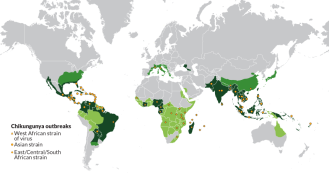 Health & Medicine
Health & MedicineChikungunya is on the move
The chikungunya virus, which wreaks havoc on joints, has spread via mosquitoes in tropical regions. Now it has found a way to hijack a second mosquito, posing a threat to people in Europe, North America and China.
By Nathan Seppa -
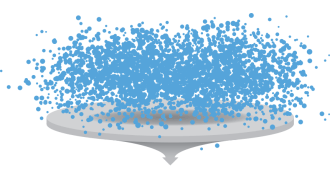 Chemistry
ChemistryQuantum chemistry may be a shortcut to life-changing compounds
Quantum chemistry could launch a manufacturing revolution, helping to identify materials for improved solar cells, better batteries or more effective medicines.
-
 Life
LifeTypical American diet can damage immune system
The typical American diet sends our good and bad gut microbes out of balance and can lead to inflammation and a host of problems.
By Laura Beil -
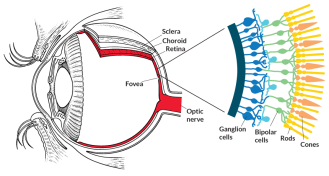 Genetics
GeneticsHow to rewire the eye
The cutting-edge technology called optogenetics may offer a workaround to partially restore vision even after the retina’s light-sensing rods and cones die.
-
 Planetary Science
Planetary ScienceHow did Earth get its water?
Earth is a wet planet that formed in a dry part of the solar system. How our planet’s water arrived may be a story of big, bullying planets and ice-filled asteroids.
-
 Chemistry
ChemistryDesigner drugs hit dangerous lows to bring new highs
A surge in designer drugs, which emulate the highs of classic illicit substances with unpredictable effects, is keeping law enforcement busy.
-
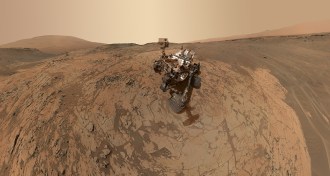 Planetary Science
Planetary ScienceThe Martian Diaries
Curiosity has explored Mars for over two and a half years. What if NASA's rover kept a scrapbook?
-
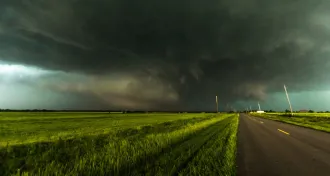 Climate
ClimateThe greatest natural disaster that almost was
The public’s response to the widest tornado ever recorded suggests earlier warnings need to be done right.
-
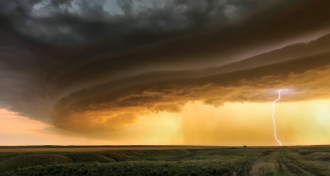 Climate
ClimateWeather forecasting is getting a high-speed makeover
Meteorologists are throwing new technology at the problem of weather forecasting to provide faster and more precise predictions of the coming weather.
-
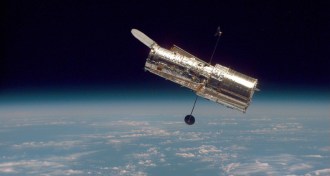 Astronomy
AstronomyCelebrating 25 years of the Hubble Space Telescope
The Hubble Space Telescope has served for more than two decades as the sharpest eyes ever to peer into the universe.
-
 Environment
EnvironmentFive years on, Deepwater Horizon oil spill’s impact lingers
Five years after the Gulf of Mexico’s largest disaster, researchers are still studying its ecological impact and struggling to learn the fate of most of the spilled oil.
By Beth Mole -
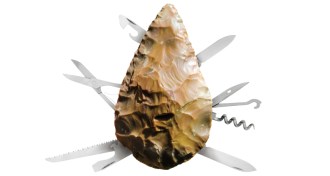 Archaeology
ArchaeologyTelling stories from stone tools
Existing stone tool categories may hide more than they reveal. New methods for analyzing stone artifacts aim to better reconstruct how hominids interacted and moved across Africa, Asia and Europe.
By Bruce Bower